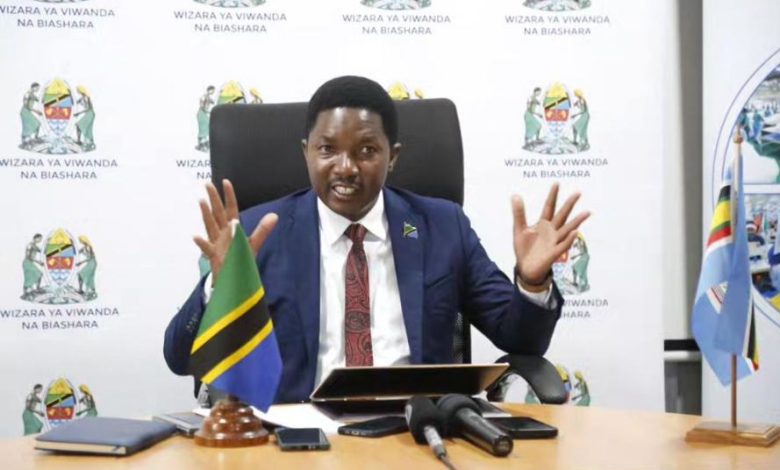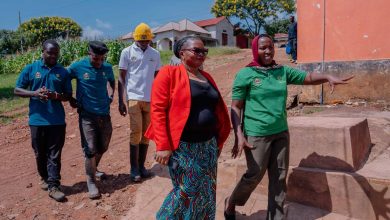Govt bans foreigners from 15 business activities

DAR ES SALAAM: THE government has banned non-citizens from engaging in 15 types of business activities, following rising concerns over the growing presence of foreign traders in local markets.
The government ban aims at protecting local entrepreneurs and ensuring that small scale business opportunities remain accessible to Tanzanian citizens.
The decision was formalised through Government Notice No 487A, published on July 28, 2025, under the Business Licensing Act (Cap 101).
“This Order may be cited as the Business Licensing (Prohibition of Business Activities for Non-Citizens) Order, 2025. In this Order, unless the context otherwise requires, “non-citizen” has the meaning ascribed to it under the Tanzania Citizenship Act.
The business activities specified in the Schedule to this Order shall not be carried out by non-citizens,” part of the order states.
According to the new Prohibition Order, foreigners are now banned from engaging in 15 types of business activities, including general wholesale and retail trade (excluding supermarkets and specialty outlets), mobile money transfers, mobile phone and electronic repairs and salon services (except those for tourism purposes).
The ban also applies to home and office cleaning, small-scale mining, domestic parcel and postal delivery, tour guiding, operating radio and TV stations, running museums or curio shops, acting as brokers in business and real estate, clearing and forwarding services, crop buying at farms, operating gambling machines outside casinos and owning or running micro and small industries.
The order stipulates that any non-citizen found violating the ban will face a minimum fine of 10m/-, up to six months’ imprisonment and revocation of their visa or residence permit.
Tanzanians found aiding or facilitating foreigners in these restricted businesses may also face a fine of 5m/- or three months’ imprisonment.
According to the government, the ban aims to protect local entrepreneurs, ensure fair competition and generate employment opportunities for Tanzanians.
It is also part of broader national efforts to formalise the informal sector, improve revenue collection and combat illegal trade activities.
The move follows mounting tensions in Kariakoo, Dar es Salaam’s main commercial hub, where local traders have long accused foreign nationals, particularly Chinese traders of dominating sectors reserved for Tanzanians.
ALSO READ: Jafo urges FTC to fast-track 32 cases to boost business
To address the concerns, Minister for Industry and Trade, Dr Selemani Jafo, appointed a 15-member investigative committee led by Professor Edda Lwoga.
The committee’s findings revealed that many foreign traders were operating illegally or using manipulated licences, often registering businesses under Tanzanian names.
Out of 75 businesses inspected in Kariakoo, 152 workers were identified, 148 of whom were engaged in retail activities, an area legally reserved for Tanzanians.
The probe also uncovered cases where landlords rented shops to foreigners in exchange for large bribes, a practice locally referred to as kutoa kilemba.
Many of the foreign-run shops were also found to be selling counterfeit goods or operating without valid business licences.
In response, Minister Jafo ordered a nationwide enforcement operation. A special task force comprising the Immigration Department, Police, Fair Competition Commission (FCC), Tanzania Revenue Authority (TRA) and Tanzania Bureau of Standards (TBS) was deployed to crack down on illegal foreign trading.
Over 100 business premises were reviewed and more than 183 individuals were flagged for violations, with some facing deportation.
Foreigners currently holding valid licences in the restricted sectors may continue operating until their licences expire, but they will not be allowed to renew them.






634859 653348Normally I try and get my mix of Vitamin E from pills. Although Id genuinely like to by way of a fantastic meal program it can be rather hard to at times. 818990